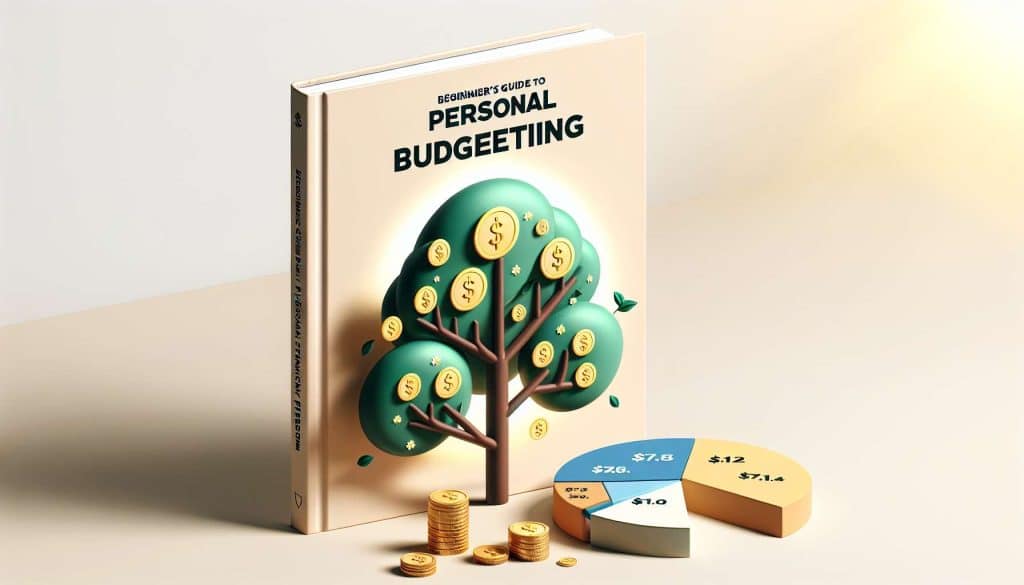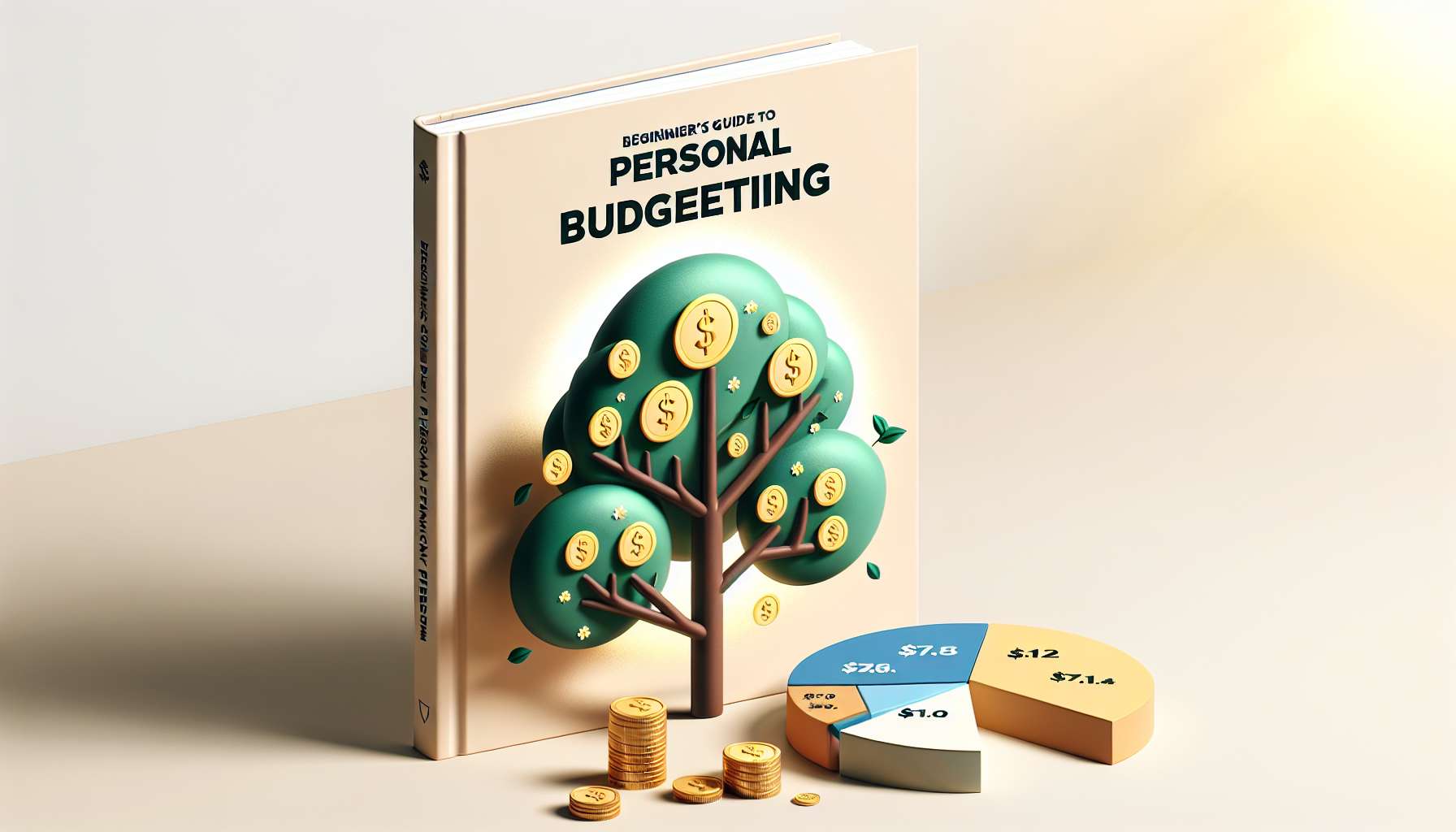Essential Tips for Effective Personal Budgeting Toward Financial Freedom


Introduction: The Importance of Personal Budgeting in Today’s World
In our fast-paced society, managing personal finances has never been more crucial. Rising living costs, unexpected expenses, and the lure of consumerism make financial management seem daunting. Yet, the cornerstone of financial stability lies in effective personal budgeting. Whether you’re a young adult beginning your financial journey or someone seeking to regain control of finances, understanding budgeting is essential. This article explores personal budgeting essentials, offering practical tips for achieving financial freedom.
Anúncios
Creating and adhering to a budget is a powerful tool for financial stability. It helps track income and expenses, ensuring you live within your means. A budget also aids in setting realistic financial goals and preparing for the future. Without one, overspending and debt accumulation become likely, leading to financial uncertainty. Budgeting empowers informed decisions, paving the way to independence. By investing time in budgeting, peace of mind and stability can be achieved.
Understanding personal budgeting principles is the first step before crafting a budget. It involves comprehending income streams and categorizing expenses. Differentiating between fixed, variable, and discretionary spending helps identify spending patterns. This clarity is crucial for making informed financial decisions and necessary adjustments. By mastering these basics, effective budget creation becomes attainable, setting the stage for a financially secure future.
Understanding the Basics of Personal Budgeting
Personal budgeting starts with pinpointing your total monthly income, encompassing salary, freelance work, and passive income. With this clarity, identifying and categorizing expenses follows. Classifying expenses into fixed, variable, and discretionary categories provides a comprehensive view of your financial state. This understanding aids in recognizing spending patterns, allowing for necessary adjustments. By mastering these budgeting basics, you gain control over your financial future.
Setting financial goals is integral to personal budgeting. Short-term goals like saving for vacations or building emergency funds coexist with long-term ambitions such as home buying, education, or retirement planning. Clear goals motivate and guide budgeting efforts. They provide a roadmap for financial endeavors, ensuring focus and dedication. By setting and pursuing these goals, achieving both short-term desires and long-term objectives becomes feasible, making financial aspirations attainable.
With a grasp on income, expenses, and financial goals, it’s time to draft a personal budget. Choose a budgeting method that suits your lifestyle and financial objectives. The 50/30/20 rule, zero-based budgeting, and the envelope system are popular approaches. Select the method aligning with your preferences and goals. Building your budget involves listing income and expenses, ensuring expenses don’t surpass income. This balance is crucial for financial health.
Creating a budget is just the first step; sticking to it is the real challenge. Utilize tools and apps to facilitate the process. Options like Mint, YNAB, or an Excel spreadsheet aid in tracking income and expenses. Regular budget reviews ensure progress and necessary adjustments. Involving your household fosters committed budgeting, reducing financial conflict. Through consistent effort, effective budgeting becomes a sustainable practice, leading to financial freedom.
Common Budgeting Mistakes to Avoid
Even with a structured budget, pitfalls can derail financial progress. Ignoring small expenses accumulates unnoticed costs, impacting your overall budget. Track frequent smaller purchases like coffee or takeout to identify savings areas. Planning for irregular expenses like car maintenance or medical bills is essential. Allocate a portion of income for these unexpected costs, avoiding financial surprises. Not involving household members in budgeting heightens overspending risks and potential conflicts.
To prevent common budgeting mistakes, regularly evaluate income and expenses. Be mindful of small, frequent expenses that can accumulate over time. Ensure allocations for irregular expenses prevent unexpected financial strain. Involve household members in budgeting discussions for shared accountability and understanding. Clear communication regarding financial goals and budgeting strategies fosters collaboration and reduces conflict. These proactive steps guard against pitfalls, ensuring successful budgeting.
Characteristics of Personal Budgeting
- Determining total monthly income.
- Categorizing expenses: fixed, variable, discretionary.
- Setting short and long-term financial goals.
- Choosing a suitable budgeting method.
- Involving household members for shared accountability.
Benefits of Personal Budgeting
Personal budgeting offers numerous benefits, fostering financial security and peace of mind. Track income and expenses ensuring you live within your means. It facilitates setting realistic financial goals, providing a pathway to achieving aspirations. Budgeting empowers informed decision-making, enhancing control over finances. By avoiding common pitfalls, such as ignoring small expenses and failing to plan for irregular costs, budgeting becomes a tool for success.
Budgeting also enhances financial discipline and reduces stress associated with economic uncertainty. By clearly understanding your financial situation, anxiety diminishes, replaced by confidence in managing finances. Additionally, budgeting cultivates foresight, encouraging saving for emergencies and future investments. This planning creates a financial buffer, providing security against unexpected expenses. As discipline builds, so does financial independence, leading to long-term stability and peace of mind.
Another significant benefit is improved communication, especially when sharing finances with family or partners. Involving all parties in budgeting discussions fosters transparency and shared responsibility. This inclusivity minimizes misunderstandings and conflicts, strengthening relationships and curbing financial stress. Furthermore, budgeting aids in identifying spending habits, providing opportunities for mindful adjustments and fostering responsible money management.
Embracing effective budgeting practices aids in debt management and reduction. Having a clear budget allows for strategic debt repayment, prioritizing high-interest debts, and accelerating financial freedom. This focus shifts spending from unnecessary wants to essential needs and debt reduction, fostering stability. By methodically managing debts, financial burdens decrease, making eventual financial independence attainable.
Overall, personal budgeting empowers individuals by providing a clear financial roadmap. It fosters self-awareness of one’s spending habits and financial position, aiding in better decision-making. Successful budgeting supports achieving financial goals, cultivating a sense of accomplishment and empowerment. Embracing budgeting helps navigate life’s financial challenges, ensuring stability and security. These cumulative benefits highlight the importance of mastering personal budgeting for financial freedom.
- Financial clarity and control.
- Stress reduction and confidence building.
- Encourages saving and foresight.
- Strengthens relationships through transparency.
- Aids debt management and reduction.





